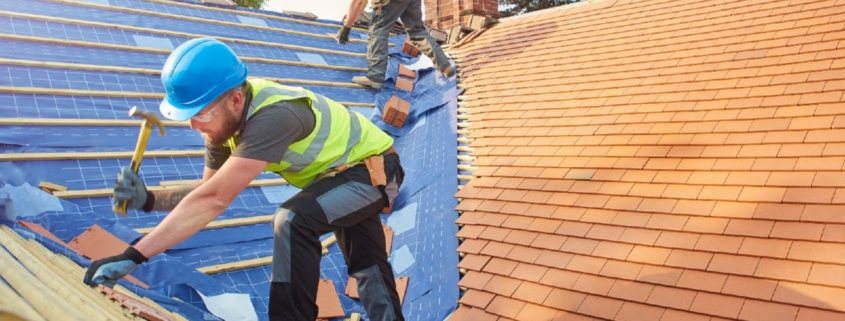Construction Guide #28 41
Title: Construction Guide #28: Vital Development Advice and Top Practices
The building industry is a complex and demanding field, brimming with an array of tasks from designing, strategizing, overseeing, to the actual process of building. As a expert in this sector, I’ve gathered some suggestions and top practices that can significantly enhance the productivity and quality of your construction projects. Welcome to Construction Guide #28, your ultimate resource for navigating the labyrinth of building projects. For the best service or visit their map here.
Firstly, effective planning is the foundation of a prosperous construction project. This entails studying the project’s scope, setting feasible goals, and creating a detailed schedule. The plan of the project should be carefully designed, taking into account all the potential constraints and risks. This will not only provide a clear vision for the team but also avert unnecessary delays and cost overruns.
Secondly, emphasize safety. Construction sites are routinely risky. Therefore, a comprehensive safety plan should be in place. This includes proper training for the workers, use of appropriate personal protective equipment (PPE), regular safety audits, and maintaining a clean and organized job site. Remember, a single accident can disrupt your project, so never compromise on safety.
Thirdly, quality control is crucial. The reputation of a construction company depends on the quality of its projects. Ensure to use high-quality materials, employ skilled labor, and follow the best construction practices. Frequent inspections and audits can help uphold the desired quality throughout the project.
A crucial yet often overlooked practice is effective communication. Make sure that all stakeholders, from architects and engineers to contractors and clients, are on the same page. Regular meetings, updates, and transparent discussions can help in handling expectations and preventing miscommunication.
Incorporating sustainable practices in construction is also highly encouraged. From choosing eco-friendly materials to devising ways to reduce energy consumption, every small step towards sustainability can make a big difference. Not only does it minimize the environmental impact, but it also increases the overall project value.
Another significant practice is to invest in technology. We’re living in a digital age where technology can significantly boost productivity. From project management software to advanced construction tools, technology can smooth out processes, reduce errors, and save valuable time.
Lastly, always be prepared for change. Despite the best planning, changes are inevitable in construction projects. Hence, it’s essential to have a flexible approach and be ready to adapt to changing circumstances.
In conclusion, success in construction is not a matter of chance. It requires careful planning, prioritizing safety, upholding quality, effective communication, and a flexible approach. By adhering to these best practices, you can ensure that your construction projects meet the highest standards of quality and efficiency.
Remember, every construction project is a journey, and these tips are your compass, steering you towards success. Welcome to Construction Guide #28, your ally in creating architecture and engineering masterpieces.
For more details, check best Roofing Services Dublin or visit their Roofing Dublin business listing here.



